
The mucus membrane that lines the inside of the nasal cavity is rich in capillaries and small blood vessels. These are rather fragile and can easily bleed. Bleeding from these blood vessels can be benign while in some cases it may be only one sign of some serious underlying medical condition.
Common Causes of Nosebleeds
In many cases repeated nosebleeds occur due to trauma to fragile blood vessels of the nasal cavity. This typically affects small children who tend to pick their nose often and may even put some sharp items into the nose. Nosebleed also affects older people and results from trauma such as car accidents or direct blow to the face (fights, participation in some sports etc).
In some people the problem originates from susceptibility to dry and warm weather conditions. Under such circumstances the mucus membrane of the nose becomes very dry and even more fragile and prone to bleeding. Even intake of some medications can induce frequent nosebleeds. This particularly refers to anticoagulants such as warfarin and antiplatelet drug Aspirin.
Infections of the upper respiratory tract (viral, bacterial or fungal) irritate the inside of the nasal cavity and may induce bleeding. Frequent bleeding is also reported in people suffering from hypertension, especially those who have not been treated yet.
And finally, repeated nosebleeds affect people suffering from hemophilia and may be an indicator of some more serious illnesses such as leukemia.
Dealing with Common Nosebleeds
Nosebleeds can be easily dealt with. The first thing a person who bleeds should do is to pinch all the soft parts of the nose together by using the thumb and index finger. Parents do the same to their children. Pressing the nose should be towards the face. After that a person is supposed to lean forward (head is tilted forward) because this prevents draining of the blood back into the throat and gagging or even aspiration of blood. Keep the pressure for about 5 minutes and, if necessary, repeat compression until the bleeding completely stops.
The head must be always above the level of the heart. One more thing an individual can do is to apply ice cubes wrapped into a towel to the nose and cheeks. Cold will cause constriction of blood vessels and accelerate bleeding cessation.
Still, if none of the previously mentioned measures helps, one is due to consult a doctor as soon as possible.
In order to prevent repeated bleeding one is supposed to avoid blowing the nose hard, straining during bowel movement and bending down while lifting heavy objects. After nosebleeds have been brought under control hot drinks are strictly forbidden for at least 24 hours. Patients who are taking anticoagulants are supposed to consult their health care provider and report the bleeding.
- www.cdc.gov/ncbddd/hemophilia/facts.html
- www.cdc.gov/ncbddd/vitamink/facts.html
- Photo courtesy of Niels Heidenreich by Flickr: www.flickr.com/photos/87569910@N00/191083028/



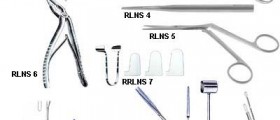


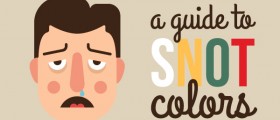

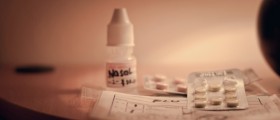
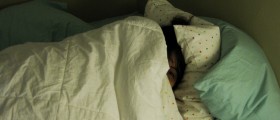


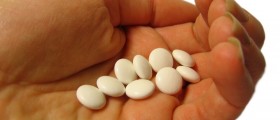
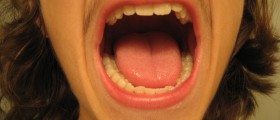

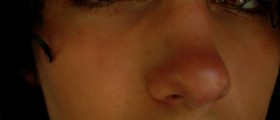
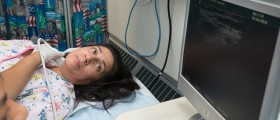
Your thoughts on this
Loading...